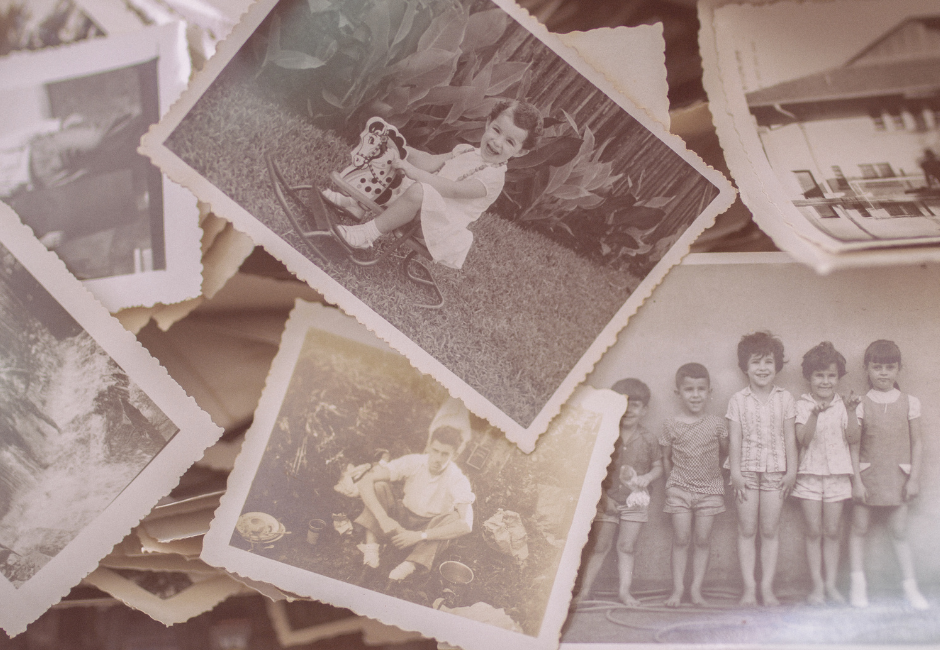Our childhood experiences with attachment figures are where our scripts are written, without us even being aware of it. These experiences develop into core beliefs; the mindsets, attitudes and expectations that define who we are, how we relate to others and what roles we play.
Children’s beliefs about themselves are based on how their parents or caregivers act toward them. For example, messages such as “You can’t do anything right” or “Why are you so stupid?” communicate to a child that they are inadequate and incompetent, and these beliefs become part of their script. Unspoken messages are even more powerful. For example, a parent who abandons a child fills the script with the message: “You are not worthy of love and connection.”
Children learn how relationships operate by observing how their parents treat one another, how they deal with conflict, power, intimacy and communication. For example, witnessing father abuse mother teaches a child that domination and violence are acceptable ways to solve problems and women should fear men
So, throughout our early childhood, our subconscious receives a tremendous amount of input from which we formulate our beliefs about self, others and the world. Our script teaches us to view ourselves as capable or inept, good or bad, deserving of love or unacceptable. It is what informs our expectations for behaviors from those we are close to – safe or dangerous, kind or mean, available or rejecting.
Many adults have some degree of emotional baggage from their pasts – unhealed pain, losses, resentments and fears stemming from early life experiences. The more we are aware of how those experiences have influenced our core beliefs and the way we interact with others as adults, the better chance we have of changing the script and learning how to make healthier choices.
Completing Your Life Script
Typically, before we start working with a client struggling with unhealthy relationship patterns, we ask them to complete their Life Script. This is a questionnaire we developed that helps individuals gain a better understanding of their childhood experiences and the associated perceptions emotions and behaviors.
We use this form in the therapeutic setting, but it is also a valuable tool for individuals and couples who aren’t working with a mental health professional.
The 15-question form focuses on childhood relationships, how parents and caregivers communicated in the childhood home, how conflict was expressed and comfort given, whether trauma or substance abuse were part of the experience, and what behaviors parents modeled and messages they conveyed. The Life Script also asks the individual to describe themselves, their parents, their romantic partners and the qualities of their adult relationships in four to six words.
Download your Life Script form here.
As you work on the Life Script:
1. Keep in mind that we often view our childhood experiences through rose-colored glasses. This is done unconsciously to minimize the impact of painful childhood memories. Often parents have mellowed with age and who they are now, may not be who they were when you were a vulnerable child. Therefore it is important to make every effort to see the past clearly.
2. We recommend completing the Life Script from the viewpoint of your “inner child.” Try to see your experiences as you would have when you were a young child. The more honest you can be in your answers, the more valuable they will be in helping you.
3. If you have a spouse or partner, it is helpful for you both to complete a Life Script. We recommend that you do so separately and then discuss your responses and insights together. This can serve as a powerful vehicle for improving both your co-parenting and relationship.
If you do not have a significant other, choose someone you trust to talk to about your life script (close friend, mentor, sponsor, or counselor.)
Photo Credit: Canva Pro


